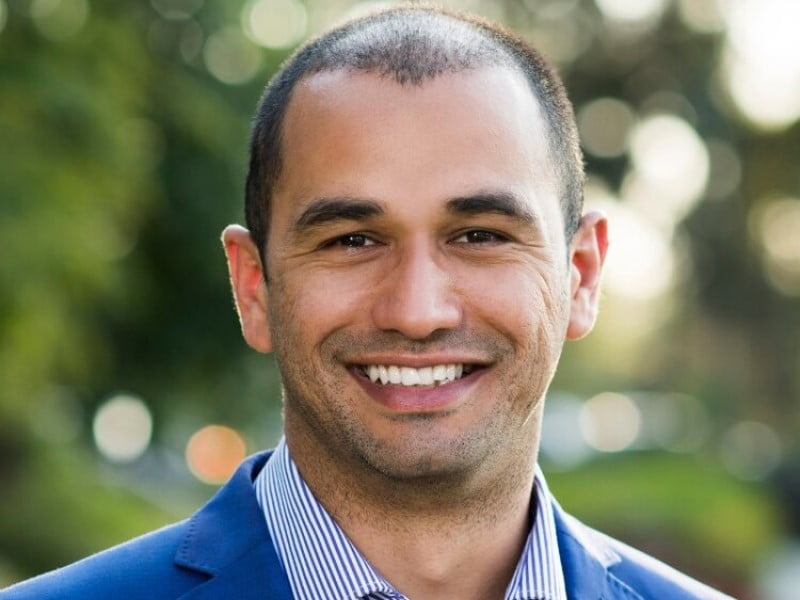Better industry data is needed in order to adequately support and grow the Western Australian startup ecosystem, according to the head of the state’s startup advocacy group.
StartupWA chair Jason Balchand said Western Australia is still experiencing a brain drain to the east coast and receives low levels of government investment compared to other states. In order for the sector to receive the support that it needs, more granular data must be collected as a starting point, he said.

“I’d like to look at the mining and resources tech sector and see if there’s a reason why, even though we’re one of the top resources hubs in the world, WA isn’t the go-to place for the supporting tech companies. We have big players like BHP and Woodside all based on St. George’s Terrace. Is there a big opportunity there for the WA economy to grow through giving those startups the right environment?” Mr Balchand told InnovationAus.com.
“The biggest thing that [StartupWA] thinks the sector needs is to quantify the WA startup ecosystem based on data that is as accurate as possible. Things like how many startups are operating and by whom, how many people do they employ? How much revenue do they generate for the WA economy?”
According to a StartupWA report published in 2019, the WA government invested the least into its startup ecosystem out of all Australian state governments.
StartupWA was founded in 2013 and has produced several reports about the state’s startup ecosystem. Ahead of the WA state election in 2021 the group also outlined 10 policy priorities that should be considered, including the establishment of a WA Chief Entrepreneur. The not-for-profit has been financially supported by the City of Perth and the state government throughout its lifetime.
In the short term, the group is now putting together a report highlighting the experience of Indigenous, female, and regionally-based founders following a summit series held last year. The report is funded under the $16.7 million New Industries Fund and will be presented to the Department of Jobs, Tourism, Science, and Innovation.
Mr Balchand also highlighted the eSports and gaming industries as obvious opportunities that WA is currently missing out on.
“Asia-Pacific is the biggest eSports and gaming market in the world, it accounts for most of the players and [livestreamers]. For Perth to be in that timezone is very, very important. When you look at like investment and capital, next to Silicon Valley the Asia-Pacific region is where most of investment capital for [the sector] is going. It makes sense for [eSports and gaming startups] to be based in WA because there’s a lot of alignment,” Mr Balchand said.
“We’ve got a lot of talent and we’ve got space to create game studios, we just need to understand what we’re missing in order to advocate for it. Maybe it works out that there is a reason why WA isn’t a big player in the space, but my gut tells me that the roundtables [held by StartupWA] are going to have the opinion that WA could be a massive player.”
But Mr Balchand acknowledged that the brain drain from Perth is “still very much a real thing” given the attractive salary and career growth options from established business centres on the east coast. This was also exacerbated by the freedom to travel that was unavailable during WA’s hard border.
Investors based in the eastern states also often require firms to relocate in order to receive funding. Mr Balchand, who is also a chief operating officer of media startup So Media Group, said that there is still an attitude among some investors that running a startup from WA is not practical.
“[So Media Group] went through a funding round roughly this time last year, and a few of the venture capital firms that we spoke made comments around ‘when you’re serious about growing your company and are ready to leave Perth and move to Sydney or Melbourne we’ll give you the capital’,” Mr Balchand said.
Mr Balchand said that although some industries such as fintech or media startups could take advantage of moving to established ecosystems in Sydney or Melbourne, he believes that these shouldn’t be dealbreakers.
“Especially in 2022 when working from home is a normal thing, where the company is registered shouldn’t make a difference, but the mentality among some of the bigger investors is that your company has a much greater chance of success being based in Sydney than it does being based in Perth,” he said.
Do you know more? Contact James Riley via Email.

